How to get mortgage for overseas property as an American
Learn all about different ways to get an overseas property mortgage as an American and gain unique insights to prepare yourself for the whole process.
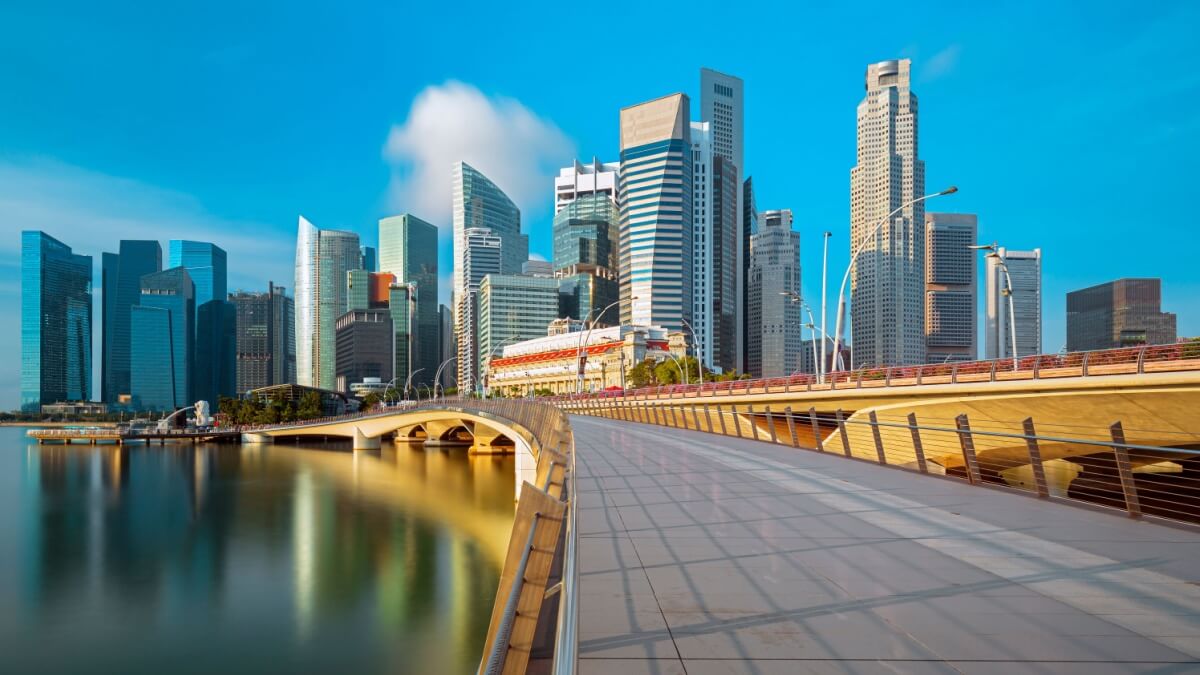
If you want to buy a property in Singapore but can't pay the full amount upfront, you'll need a mortgage. As a foreigner, it's possible to get financing from a lender in Singapore, but the process comes with extra hurdles, so you'll want to do your research.
You can typically expect large down payments and higher interest rates than what locals would pay. Foreigners also face restrictions on the types of property they can buy. However, with careful planning, getting a mortgage in Singapore is possible. Here's everything you need to know.
We'll also introduce Wise — your international money transfer alternative. Use Wise to send stress-free transfers to over 140 countries - all at the standard mid-market exchange rate.
Yes, Americans can get a mortgage in Singapore. The bigger challenge often lies in the types of properties you're allowed to purchase.
Most expats can't access HDB housing, which is Singapore's subsidized public housing program that covers over 75% of all owned properties nationwide. HDB flats come with better mortgage terms than what commercial banks typically offer, but they're largely off-limits to foreigners.¹
| Here's what you can buy as an American in Singapore:² |
|---|
|
In addition to the property type restrictions, Americans will likely face tougher conditions than Singaporean citizens or permanent residents when applying for a mortgage. These include higher interest rates and lower Loan-to-Value ratios, meaning you can borrow less.
Singapore doesn't have any special legal requirements to get a mortgage as a non-resident, as long as you're trying to buy an eligible property.
| 💡 Foreigners do face a hefty 60% Additional Buyer's Stamp Duty (ABSD), but Americans are one of the very few nationalities that are exempt from this tax.³ |
|---|
Banks set their own mortgage requirements, which typically include your age, income, credit score, and minimum down payment. They can be pretty strict, but they're not legal requirements.
There are 2 main types of mortgages that Americans will find in Singapore: fixed and variable.
Fixed-rate mortgage: Interest rate stays the same during the initial lock-in period (usually 2 to 5 years), and then switches to variable unless you renew the fixed rate¹
Variable-rate mortgage: Also called floating-rate loans, the interest rate moves up and down with market conditions
Sometimes, you may also see hybrid mortgages. These products combine both fixed and variable rates in one loan, which can sometimes lead to savings.
While less common, there are also specialized loans for different property purposes, such as:
- Commercial mortgages
- Rental mortgages
- Renovation loans
- Second-home mortgages
Especially for second-home mortgages, you can expect low Loan-to-Value ratios, usually 45%, which means that you'll need a 55% down payment.¹
As of 2025, the average Singapore mortgage rate is 2.5% to 2.75%. Most banks now use the Singapore Overnight Rate Average (SORA) to calculate floating rates, replacing the older SIBOR system.¹
You have options during your mortgage process. One of the most important choices you'll have to make is whether you want to go to a bank directly or work with a mortgage broker.
Singapore's banking sector is highly international, with most major banks offering services in English. This makes the process much easier for Americans compared to other countries, where the language barrier can be a problem.
Working with a bank means that you have direct access to loan officers and can do your independent research. However, it can also take a lot of time and energy, especially if you start running into roadblocks. This is where a mortgage broker comes into play.
Brokers can save you a lot of time and potentially money by shopping around multiple banks for you. They have access to multiple banks and know which lenders are currently offering the best deals for foreigners (or, at least, are more lenient toward them).
You can contact any of these major banks to apply for a mortgage:
Alternatively, contact these brokers to help in your search:
- MoneySmart
- GoBear
It's a good idea to get in touch with multiple lenders and brokers and compare the pros and cons.
It depends on which bank you choose, but expect to pay at least 25% of the property's value in cash.¹ Some lenders may require even more, depending on your Loan-to-Value ratio, which is often quite low for foreigners.
Don't be surprised if you have to put 40% or even 50% down.
One of the biggest costs you'll face when buying a property in Singapore is stamp duties.
Technically speaking, there are 2 of them: Buyer's Stamp Duty (BSD) and Additional Buyer's Stamp Duty (ABSD).
However, the US is one of the few countries in the world that's exempt from the 60% ABSD that most foreign buyers must pay.³
However, you're still on the hook for BSD:
| Property value | BSD rate (for residential properties)⁴ |
|---|---|
| First 180,000 SGD | 1% |
| Next 180,000 SGD | 2% |
| Next 640,000 SGD | 3% |
| Next 500,000 SGD | 4% |
| Next 1,500,000 SGD | 5% |
| Remaining amount | 6% |
You'll also need to budget for other miscellaneous expenses, including the property valuation fee, solicitor/legal fees, survey fee, and sometimes mortgage application fees. Your lender should be able to estimate these for your particular circumstances.
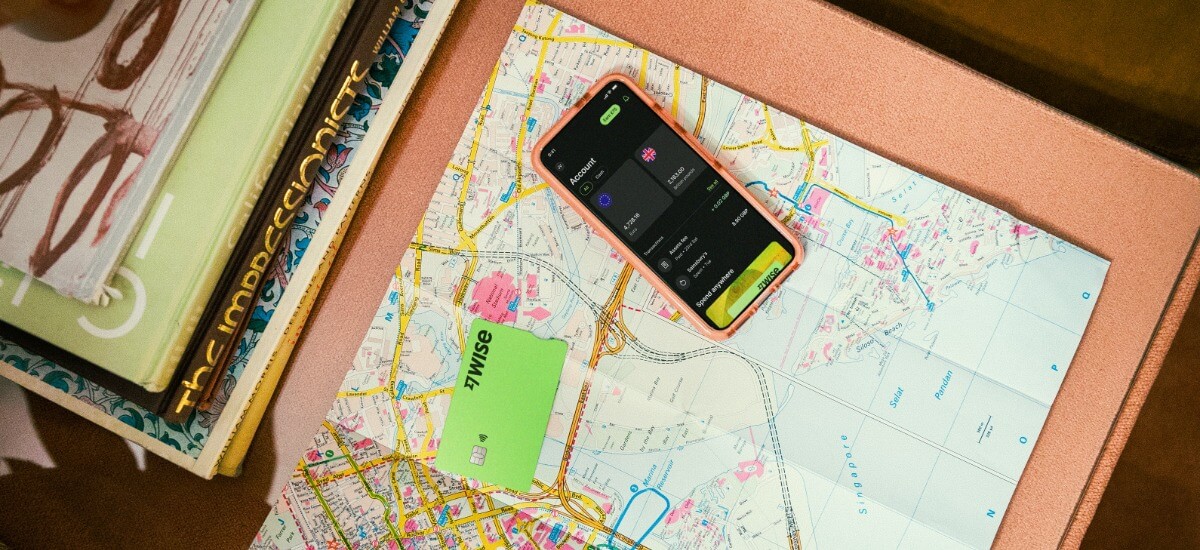
Now that we covered some of the basics, the only question left is how to send money to pay for your property overseas?
Wise offers you a quick, secure and transparent way of sending money to Singapore. You get the mid-market exchange rate for your payments and see how much is charged for the transfer before sending the money from your bank.
With the Wise Account, you can also hold 40+ currencies, spend money in 150+ countries, and receive like a local in 8+ different currencies.
Please see Terms of Use for your region or visit Wise Fees & Pricing for the most up-to-date pricing and fee information
Here are a few important things that Americans should think about:
You'll likely need insurance: Singapore doesn't require home insurance by law, but your bank will likely make you buy it. Most banks want you to get Mortgage Reducing Term Assurance (MRTA), which pays your mortgage if you get sick, hurt, or die¹
It can be harder to get approved if you're self-employed: If you work for yourself or freelance, banks will call your income "variable" and cut it by 30% when deciding how much to lend you. So if you make 10,000 USD per month, they'll only count $7,000 USD¹
Your US credit score likely won't matter: The best thing to do is open a bank account in Singapore and build a strong local credit history
In general, it'll help your mortgage application if you have ties to Singapore, as it makes you look less risky to lenders.
It depends on your bank, but you'll likely need:
- Your passport and visa/Singapore residency, if applicable
- Documents showing your work position, salary, and how long you've worked there
- Recent pay stubs and financial statements
- Tax returns
- Bank statements
- Credit reports
- Property paperwork, like your purchase agreement
- Property value report
- Insurance papers, if applicable
- Business documents and financial records, if you're self-employed
Certain documents may need official stamps or to be apostilled, so make sure to start gathering your paperwork early in the process.
You'll first need to apply for mortgage pre-approval, which checks if you qualify for a loan and tells you how much you can borrow. This isn't an official mortgage approval, but it's a good indicator of what you can expect. This way, you can do house hunting with a clear budget in mind.
Look at different properties, looking them up online or working with a real estate agent. Sellers and agents take you more seriously when you already have bank pre-approval for the mortgage, so make sure to mention that.
Once you find the right property for you, make an offer and sign an agreement with the seller. You'll need to show this to your bank for your official mortgage application.
The bank will send someone to check the property's value to make sure that everything is accurate and makes sense. This typically costs a fee.
If the valuation looks good, submit your complete mortgage application with all required documents. The bank will start its review process.
Once approved, you'll sign the final loan documents and complete the purchase.
If you don't get approved by a Singaporean bank, you may have other options. For example, you can apply for an overseas mortgage with your US bank or work with an international mortgage lender.
There's no one timeline that all mortgage lenders follow. In-Principle Approval usually only takes a few business days, but the full application process can stretch over multiple weeks.¹
If you want to move to Singapore and get a mortgage there as a foreigner, it isn't the easiest task, but it's possible if you have your finances in order.
However, there's another cost that many property buyers forget to budget for: moving money from the US to Singapore for your down payment and monthly mortgage payments.
Banks charge high fees for international transfers, and there are also often hidden exchange rate markups that can quickly add up. Long-term, you're likely looking at hundreds or even thousands of USD lost in fees.
For a fast, simple, and secure way to send money abroad with low fees and no exchange rate markups, even for large transfers, use Wise.
Sources
*Please see terms of use and product availability for your region or visit Wise fees and pricing for the most up to date pricing and fee information.
This publication is provided for general information purposes and does not constitute legal, tax or other professional advice from Wise Payments Limited or its subsidiaries and its affiliates, and it is not intended as a substitute for obtaining advice from a financial advisor or any other professional.
We make no representations, warranties or guarantees, whether expressed or implied, that the content in the publication is accurate, complete or up to date.

Learn all about different ways to get an overseas property mortgage as an American and gain unique insights to prepare yourself for the whole process.

Get a full overview of the best property management software systems for small landlords to easily track and manage their overseas property.
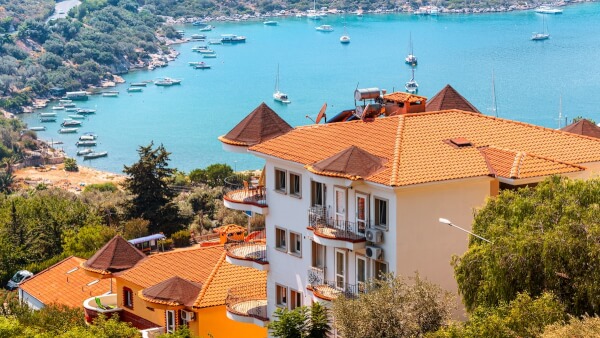
How to buy your first rental property overseas? Here's a detailed guide that can help you understand the challenges and steps for making an investment.

What are the best property management software systems for managing student housing? Take a look at our list and choose the most suitable option for you.
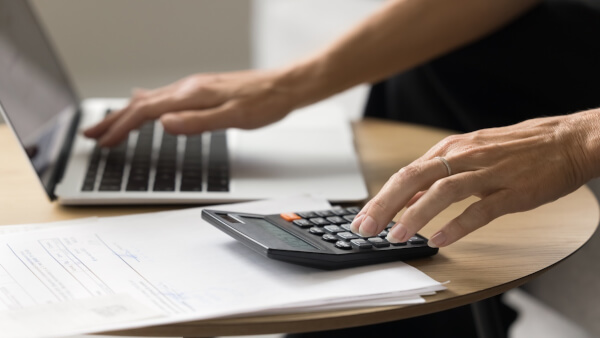
Are you thinking about making smart property investment decisions and wondering how rental yield is calculated? Have a look at our guide to find out.
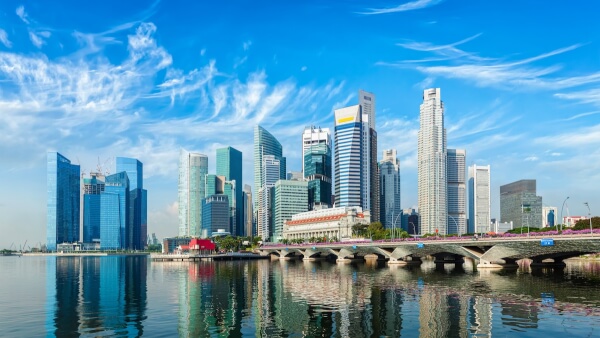
Have a look at the in-depth guide on the Singapore rental yield market and get a detailed breakdown of opportunities in different areas within the country.